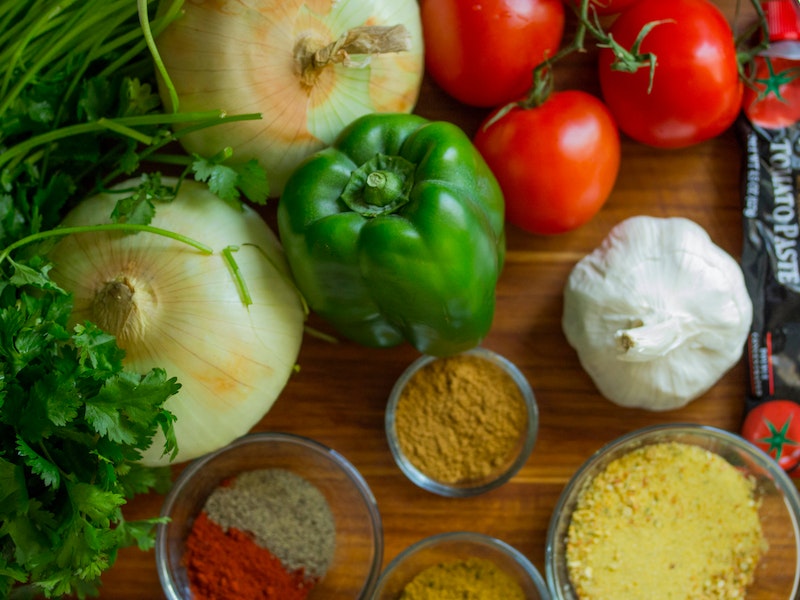
In recent times, organic farming has witnessed a steady growth in popularity since people are more conscious of the negative health effects of their food. Nowadays, people are aware of the dangers associated with traditional food items that were not recognized. There’s been a dramatic rise in the number of untreated foods because of this growing consumption of Organic Food. The availability of healthy food items has significantly increased due to increased demand.
A Brief Overview of Organic Food
Management of the farm overall and food production Organic farming strives for sustainable agriculture, top-quality products, and practices that do not damage the environment or affect human, plant, or animal health and health. Here’s everything you should know about organic food.
Which Foods Are Considered to Be Organic?
Organic food is food produced sustainably. The United States Department of Agriculture in the US is a regulator. It recognizes and recognizes organic farms wherever it is produced. To get certified, the farm must be free of chemical use for a time frame. No industrial fertilizers or pesticides should be used, and genetic engineering should not be employed to alter the crops’ DNA. Antibiotic injections and genetic tampering should be prevented in livestock. It’s equally important that animals have access to nature and aren’t placed in cramped spaces.
Organic food has many benefits.
Organic food offers the biggest benefits in terms of health and security. Chemical residues are removed because none of the industrial fertilizers and pesticides were employed in the manufacturing process. Most of the chemicals identified here are potentially harmful, although in low concentrations. If they build up in large quantities, they can cause devastating negative effects on our bodies, such as contributing to the development of cancer.
Learn more about The benefits of organic food
Furthermore, environmental pollution is decreased when chemical substances are not used. Also, there is a huge benefit to better nutrition. When left to the natural processes of nature, the plants and animals produce greater phytochemicals and antioxidants. More fresh and better-tasting food can be found in foods that are not processed.
Buy Organic Foods
If you’re looking to purchase natural foods, many options are available. However, while this isn’t a requirement, buying straight from the farms or at the local market farmers is recommended. This is because locally grown and fresh products are easier to find. They’re also cheaper because you don’t have to cover the expensive freight costs incurred by purchasing things from a distant supplier.
The ideal time to buy is during peak times. In the wake of the oversupply, prices have dropped dramatically. The bulk buying option also allows you to receive discounts on purchases. Suppose you don’t have a local organic farm within your vicinity. In that case, You should consider shopping online to reduce time and cash.
Recipes for Organic Food
More people are turning to natural recipes for food instead of ones that require conventional ingredients, making it much simpler to find traditional recipes. Numerous websites give various simple food recipes when searching for “organic recipes” on Google. Recipes can also be found in the local library. These recipes are important in helping you transition and remain committed to your healthy diet.
Read about the Six Most Effective Diet Plans to Lose Weight

